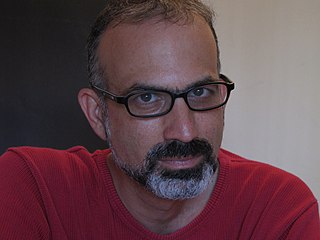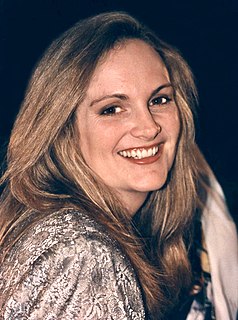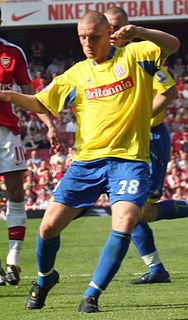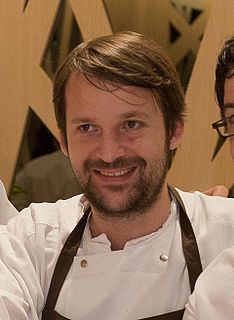A Quote by Megan Chance
[ The Nightingale ]ended up being a huge undertaking - a daunting amount of research on a subject that many people know intimately, a country I had not yet been to when I first started planning the book, an entire war.
Related Quotes
When WWII ended, the Cold War started, and the interest of the Western world was not to completely break Germany. So all those Nazis who had been controlling the country now had the power to rebuild it. I think there were many of them who just continued their life in society; it's a very known fact.
Well, first you have to love writing. A lot of authors love having written. But I enjoy the actual writing. Beside that, I think the main reason I can be so prolific is the huge amount of planning I do before I start to write. I do a very complete, chapter-by-chapter outline of every book I write. When I sit down to write, I already know everything that's going to happen in the book. This means I've done all the important thinking, and I can relax and enjoy the writing. I could never write so many books if I didn't outline them first.
Carl Armstrong was one of those people in the anti-war years who had been so convinced of the righteousness of their cause that he and some friends decided they would blow up a building at the University of Wisconsin, in which they said research was being done to help the war against the Vietnamese. What they blew up at three or four in the morning was a young scientist, who was married and had a couple of kids, who wasn't working on war stuff at all. And he was killed.
Being goal-oriented instead of self-oriented is crucial. I know so many people who want to be writers. But let me tell you, they really don't want to be writers. They want to have been writers. They wish they had a book in print. They don't want to go through the work of getting the damn book out. There is a huge difference.
I think God is back, I think there is a huge amount of spiritual interest in the country. And I think the bishops are supportive of it because they see people's lives being changed. They see the difference. I see people who've been in prison, whose lives have been messed up, who've been alcoholics, who've been drug addicts, set free and contributing to society.
So I realized when I was successful in a piece, it was because I didn't abandon a notion early on what it ought to be, and I let it take me along. So I've had songs that started out as being about the environment and ended up being love songs and love songs that ended up being about the environment. I've had things that I thought would be a poem and realized that it was just too big for that. I've got to do something larger and it became a play. I wrote one poem that started a whole play.
. . . it is interesting to note that the original problem that started my research is still outstanding - namely the problem of planning or scheduling dynamically over time, particularly planning dynamically under uncertainty. If such a problem could be successfully solved it could eventually through better planning contribute to the well-being and stability of the world.
I've never like had a system or a program, I always think that I don't know how to act. I'll adapt to any director because I don't really have a set way that I do things. If a director hires me and says, "I want you to get started right now and do this research, this research, this research and I want you to have every line memorized before you ever show up for the first day," then that's what I'll do.
The Iraq war is a huge subject and there have been many films about it. But it was when the private contractors started taking over and taking responsibilities from the regular army, which hides the war. You have these private armies of mercenaries acting with immunity for their actions, the worst of which was the Blackwater case where they killed 17 Iraqi civilians and the guys who did it just went home. We [screenwriter Paul Laverty and Loach] felt this deserved a story.
I can't say with certainty that slavery would have ended more quickly and more completely if the South had been allowed to leave and escaped former slaves had been allowed to remain free, and the North and the rest of the world had been a positive influence on the South. However, it's certainly a possibility that it would have ended sooner if the southern slave owners had agreed to a system of compensated emancipation and freed the slaves without a war and without secession, as most nations that ended slavery did. That absolutely would have been preferable to the Civil War as it happened.



































